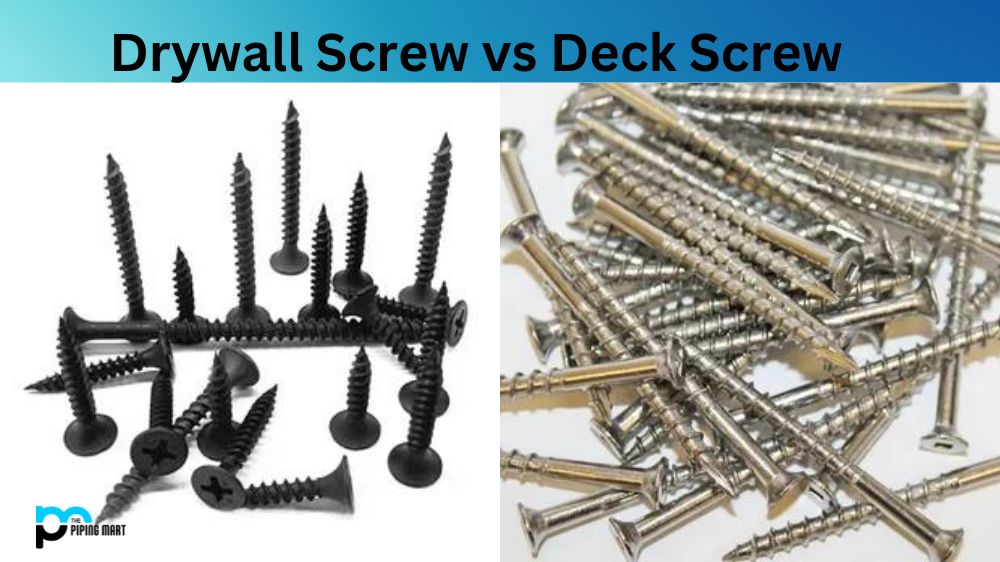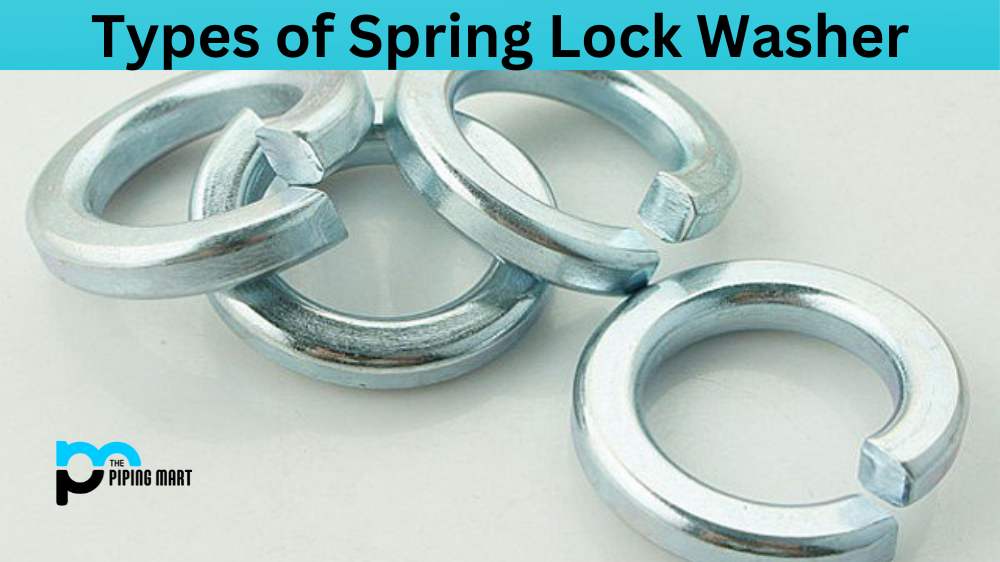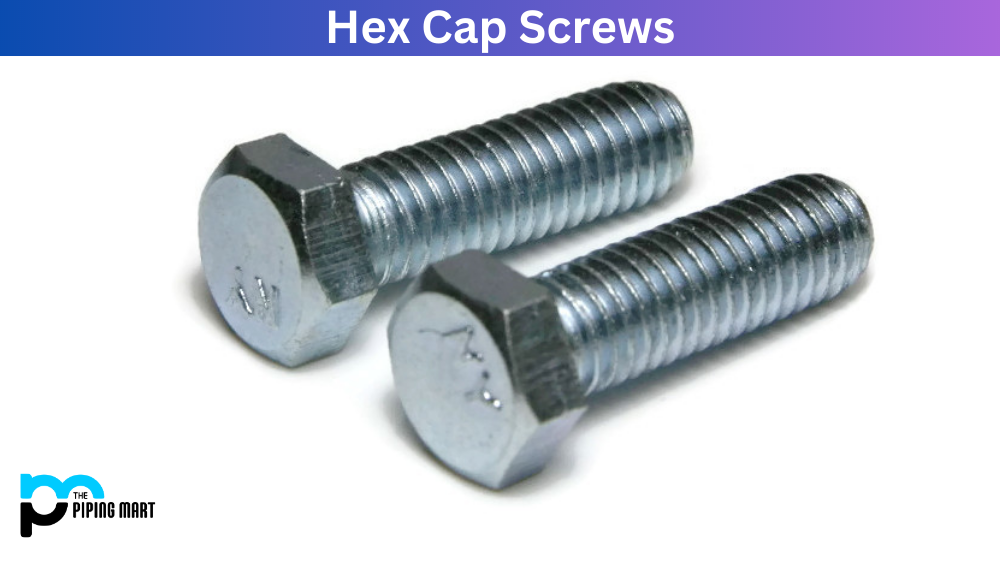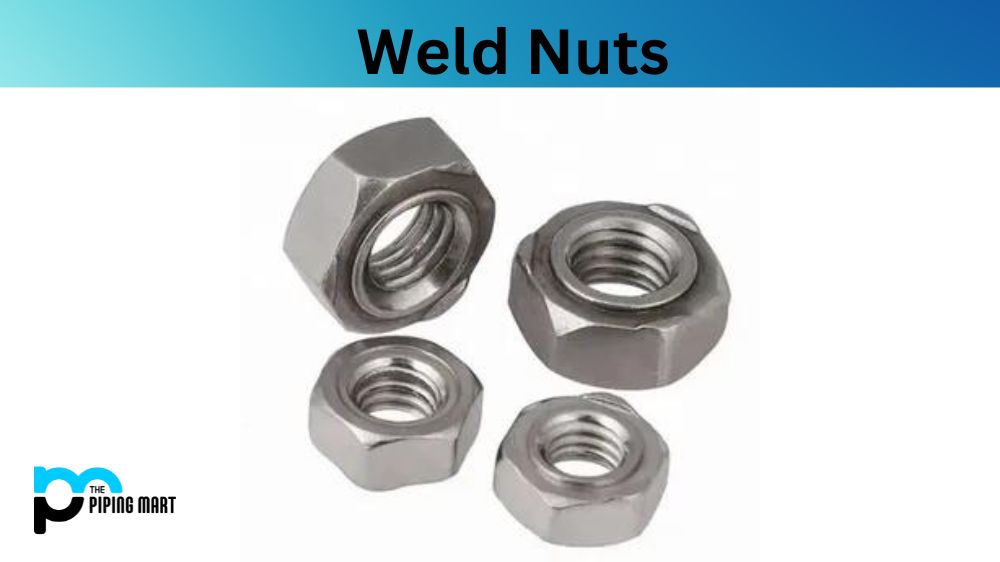When it comes to home improvement projects, screws are an essential component. Whether you’re looking to install drywall or build a deck, choosing the right type of screw is crucial. Two common types of screws used for these projects are drywall screws and deck screws. Although they may seem similar, their differences can affect their performance. This blog post will explore the differences between the drywall screw and the deck screw.
Drywall Screw
Drywall screws are specially designed for fastening materials like drywall to wood or metal studs. They feature a bugle head, which helps them sink into the wallboard without breaking it. Unlike regular wood screws, they are self-tapping and don’t require pre-drilling. Their coarse threads provide better gripping power than finer thread screws, making them ideal for hanging lightweight items like cabinetry or shelving on drywall. Further, their zinc coating improves corrosion resistance and rustproofing properties, which makes them an excellent choice for interior decorating projects.
Deck Screw
A deck screw is a fastener with a specific head shape designed for pressure-treated lumber and outdoor applications. It has sharp threads cut into the material to provide extra holding power, and its thick shaft helps distribute weight evenly across the wood. Deck screws are corrosion-resistant to ensure they last longer in wet environments, making them ideal for building decks or other outdoor structures.
Difference Between Drywall Screw and Deck Screw
Material Composition:
The composition of drywall screws and deck screws differs significantly. Drywall screws are typically fine-threaded steel that may bend and break when used on hard surfaces. In contrast, deck screws are made of corrosion-resistant materials like stainless steel or coated carbon steel with larger threading, making them ideal for outdoor projects.
Length and Diameter:
Drywall screws are usually shorter, typically 1 inch to 1.25 inches, while deck screws are longer, around 2-4 inches long. Additionally, deck screws are generally wider compared to drywall screws, which makes them sturdier and better suited for heavy-duty outdoor projects.
Thread Type:
One of the most significant differences between drywall screws and deck screws is their thread type. Drywall screws have a fine thread that could provide a better grip on the wall, while deck screws have a coarser thread that helps them grip the wood and provide better holding capacity. This thread difference makes them suitable for various applications.
Head Shapes:
Drywall screws typically come in two head shapes: a bugle head and a flat head. The bugle head is designed to sit flush with the surface without tearing the paper on the drywall, while the flat head provides a lower profile but requires a pilot hole to be drilled in the drywall. Deck screws, on the other hand, come in several head shapes, including flat, pan, and countersunk. The different head shapes make deck screws versatile, allowing them to be used in various decking and fastening projects.
Use Cases:
Drywall screws, like attaching drywall to studs or framing, are best used for interior renovation projects. They should not be used for outdoor projects like decking or fencing. Deck screws are perfect for outdoor projects like fence building, deck construction, or other exterior woodwork.
Conclusion:
In conclusion, while drywall screws and deck screws appear similar, they cater to different functions. Deck screws have a bigger diameter, length, and threaded shank, allowing them to withstand outdoor weather elements. Drywall screws, on the other hand, are tailored for indoor use, and the finer shank helps grip drywall. Choosing the correct screw is essential for a project’s longevity and overall success. By recognizing the distinctions between the two types of screws, one can choose the correct screw for their intended project effortlessly.

A passionate metal industry expert and blogger. With over 5 years of experience in the field, Palak brings a wealth of knowledge and insight to her writing. Whether discussing the latest trends in the metal industry or sharing tips, she is dedicated to helping others succeed in the metal industry.




